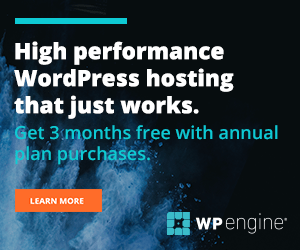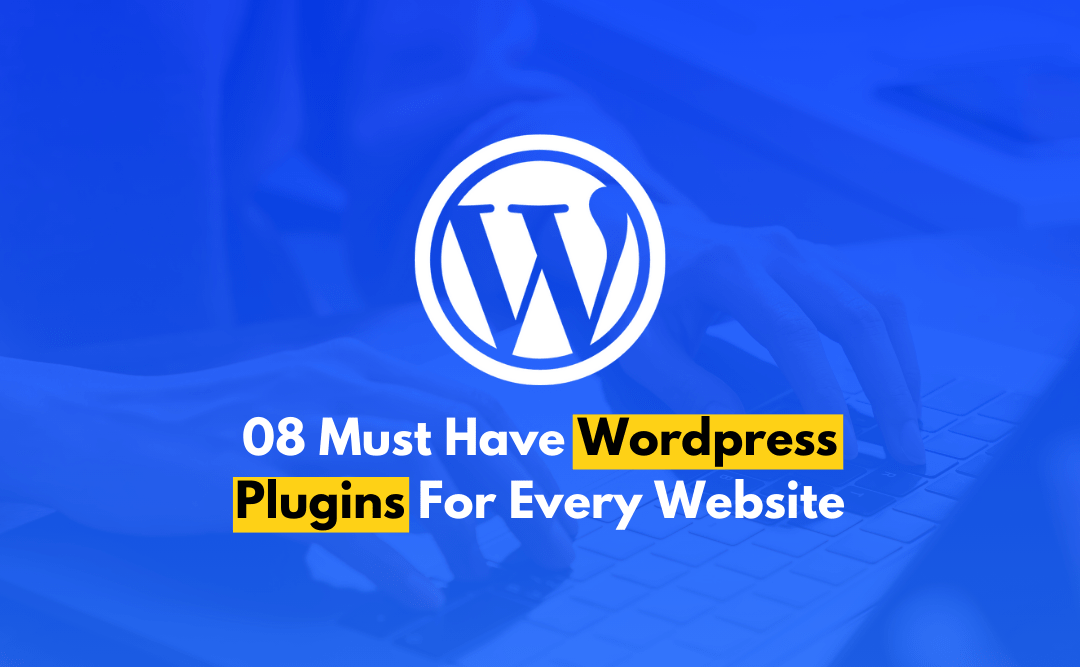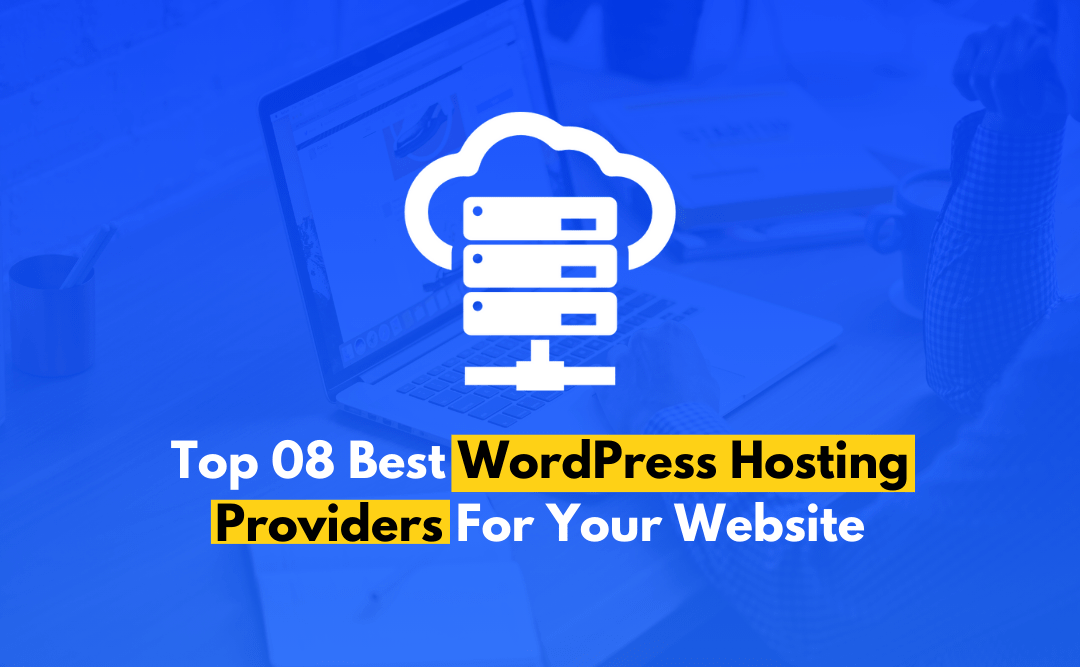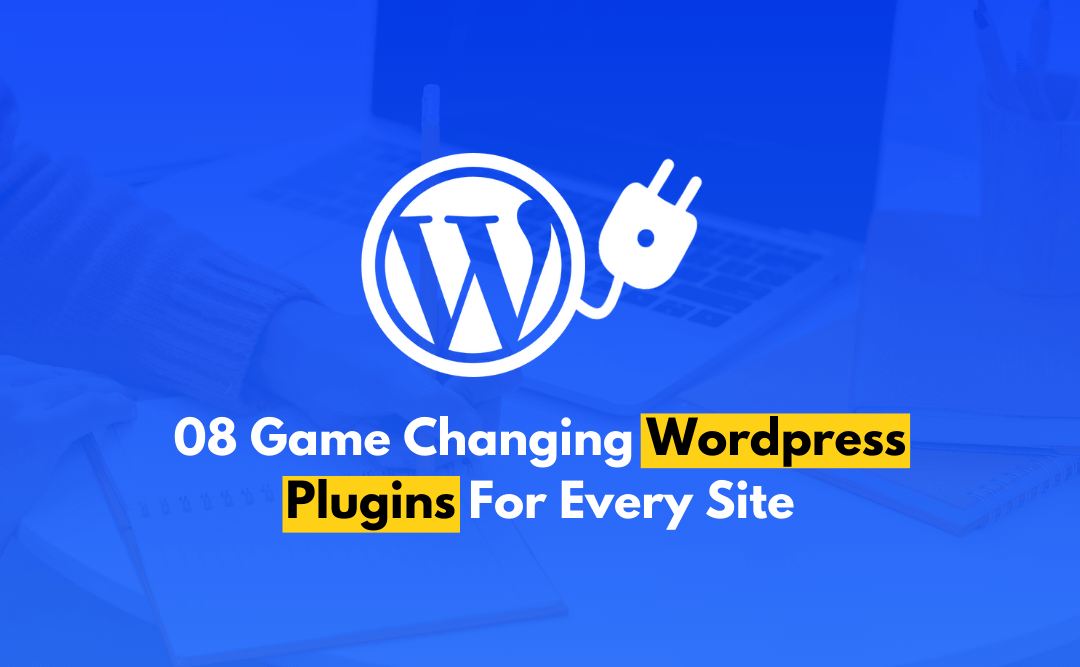Search Engine Optimization (SEO) is critical for any website aiming to improve visibility and drive organic traffic. It enhances user engagement and leads to higher conversions compared to paid traffic. WordPress, a powerful content management system (CMS), is widely recognized for its flexibility and user-friendly nature.
However, simply having a WordPress website isn’t enough. To secure top rankings on search engines like Google, Bing, and Yahoo, proper SEO optimization is essential.
If you’re looking to maximize your WordPress site’s performance, CODFLUX is your gateway. Yeah! We have a professional team to boost visibility and drive consistent traffic. Let’s explore how our team follows WordPress SEO Best Practices.
WordPress SEO Best Practices and Key Strategies for Top Rankings
Without exaggeration, to improve a website’s ranking in search engines, it’s important to follow certain WordPress SEO best practices.
It includes,
- Keyword Research
- Quality Content Creation
- On-Page SEO
- Technical SEO
- User Experience (UX)
- Off-Page SEO
- Local SEO
- Analytics and Monitoring
At CODFLUX we implement all of these SEO factors, for boosting client site’s visibility and attracting more organic traffic.
1. Keyword Research
Identifying the right keywords is the foundation of any successful SEO strategy. High search volume keywords with less keyword difficulty are the building blocks of a website. These keywords are the terms your target audience uses when searching for services or products related to your business.
Steps for Effective Keyword Research:
- Identify Core Topics: Focus on the main themes related to your services. For example, at Codflux, we concentrate on web development, design, and digital marketing services.
- Use Research Tools: Tools like Google Keyword Planner and Ahrefs help discover high-traffic keywords and assess competition levels.
- Focus on Long-Tail Keywords: These more specific phrases tend to have lower competition and can lead to higher conversions.
- Analyze Competitors: Gain insights by reviewing competitors’ keyword strategies to uncover new opportunities for your content.
2. Quality Content Creation
Quality content plays an important role in WordPress SEO Best Practices is to. High-value, well-structured content not only improves search rankings but also keeps users engaged.
Tips for Creating Quality Content:
- Relevance & Originality: Create content that addresses your audience’s needs. Avoid copying existing material—focus on delivering unique perspectives.
- Comprehensive & Detailed: Provide in-depth content on each topic. Whether you’re discussing WordPress website development or SEO strategies, offer actionable insights.
- Multimedia Elements: Insert images, videos, and infographics in your content to enhance user engagement and boost shareability.
3. On-Page SEO Optimization

On-page SEO involves refining the elements on your webpage to make it more attractive to search engines.
WordPress SEO Best Practices:
- Optimize with Keywords: Include primary keywords naturally in titles, headings, body content, and meta descriptions.
- SEO-Friendly Titles & Meta Descriptions: A well-written title and description not only improve rankings but also encourage clicks.
- Optimizing URLs: The permalinks should be concise, clear, and easy to understand forGoogle & users.
For instance: https://codflux.com/best-wordpress-plugins/
- Internal Linking: Link to relevant content within your site, improving navigation for users and helping search engines crawl your website more effectively.
4. Technical SEO

Technical SEO is an essential factor in WordPress SEO Best Practices is ensures that your site is easy to crawl and index by search engines while providing a smooth user experience.
Key Focus Areas:
- Page Speed: Faster load times improve both user satisfaction and SEO rankings. Use plugins like WP Super Cache to enhance speed.
- Mobile Optimization: A mobile-friendly website is non-negotiable in 2024. Ensure your site adapts well to all screen sizes with responsive themes.
- Sitemaps & Schema Markup: Use plugins like Yoast SEO to generate sitemaps and add schema markup for better indexing.
5. User Experience (UX)
A positive user experience helps keep visitors on your site longer, reducing bounce rates and improving SEO.
Enhancing UX:
- Responsive Design: A strong UX directly influences SEO because Googl’s Algorithm monitors user behavior. When visitors quickly leave your site after arriving from search results, a pattern known as “pogo sticking.” Well, CODFLUX LLC knows that how much a website’s user experience matters in ranking. So, we always focused on UI/UX design.
- Site Navigation: Clear, logical navigation makes it easy for visitors to find what they’re looking for.
- Content Readability: Break up text with headings, bullet points, and visuals to make your content more digestible.
6. Off-Page SEO & Link Building
Building quality backlinks from authoritative websites enhances your site’s credibility and boosts rankings.
Off-Page SEO Tactics:
- Link Building: Reach out to blogs and influencers for guest posts or link exchanges.
- Social Media Promotion: Share your content across social media platforms to drive traffic and improve brand visibility.
7. Local SEO Optimization
If your business targets local customers, you need to focus on Local SEO. This helps your site appear in local search results and maps.
Strategies:
- Google My Business: Keep your business profile updated for better visibility in local search results.
- Local Keywords: Use keywords specific to your location to attract local clients. For instance, if you offer web design services in the US, include those location-based terms.
8. Tracking and Monitoring SEO Performance
Use tools like Google Analytics and Search Console to track your SEO progress. Regularly auditing your site will help identify opportunities for improvement.
Common SEO Mistakes to Avoid
- Keyword Stuffing: Focus on natural keyword placement instead of overloading your content.
- Ignoring Image Optimization: Compress images and use alt tags for better SEO.
- Neglecting Caching: Not using a caching plugin can slow down your site, negatively impacting SEO.
Conclusion
SEO is a long-term investment, but with the right strategies, your WordPress site can secure higher rankings and increased traffic. At CODFLUX we specialize in providing SEO-optimized web design and development services to help businesses achieve lasting online success.
Contact us today to learn how we can boost your website’s performance in 2024 by following WordPress SEO Best Practices!
Frequently Asked Question
What are the essential WordPress SEO plugins to use in 2024?
Popular SEO plugins include Yoast SEO, Rank Math, and All in One SEO for optimizing on-page SEO and sitemaps.
How can I improve my WordPress site’s loading speed for better SEO rankings?
Use lightweight themes, optimize images with Smush, and leverage caching plugins like W3 Total Cache for faster loading.
What role do backlinks play in WordPress SEO?
Backlinks boost rankings. Earn them through valuable content, guest blogging, and outreach strategies.
How can I optimize my WordPress site for mobile users to improve SEO?
Use a mobile-responsive theme, optimize images, and enable AMP to enhance mobile-friendliness.
How important is content optimization for SEO, and how can I do it effectively in WordPress?
Content optimization is key. Use keywords strategically and tools like Yoast SEO to improve readability and relevance.





